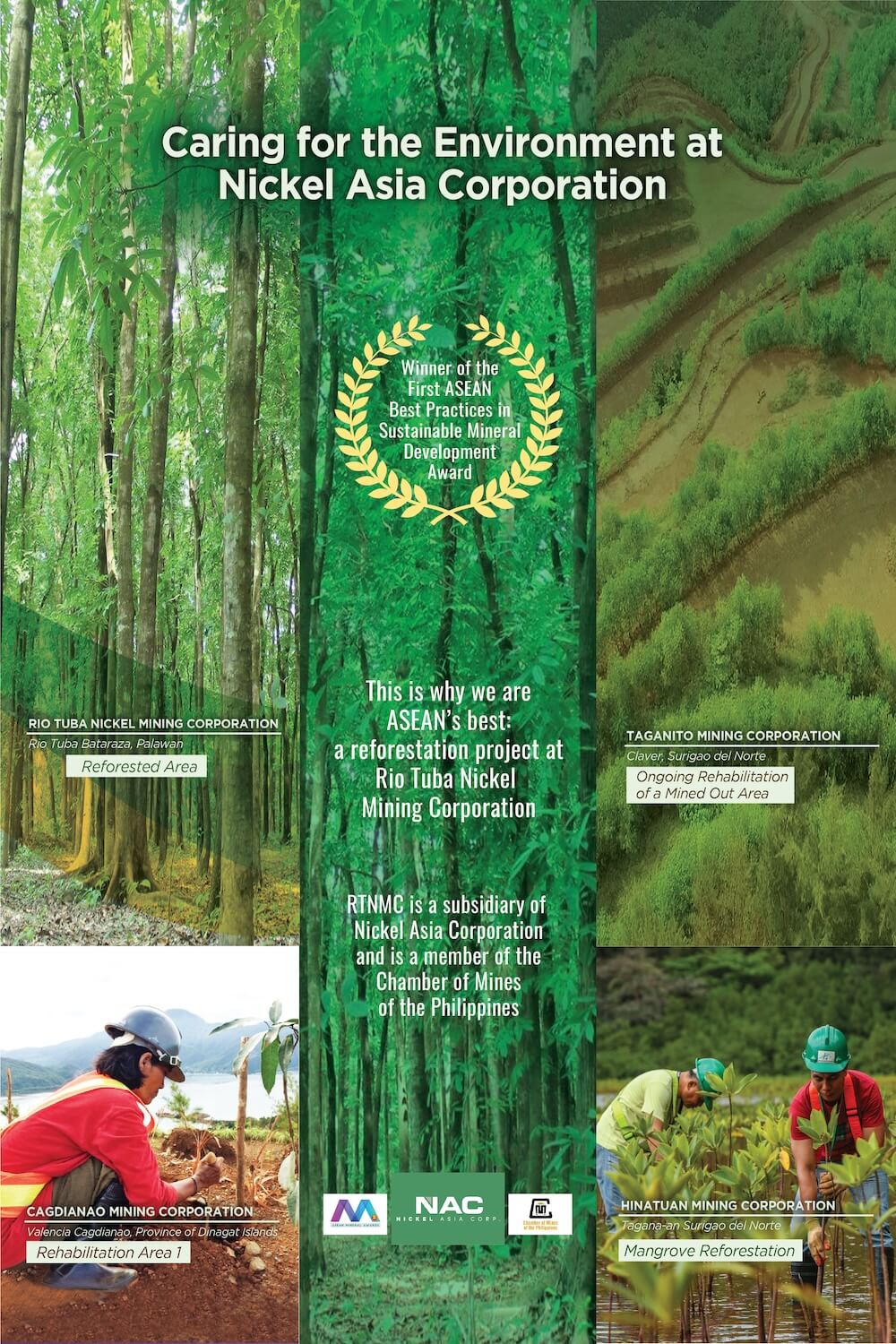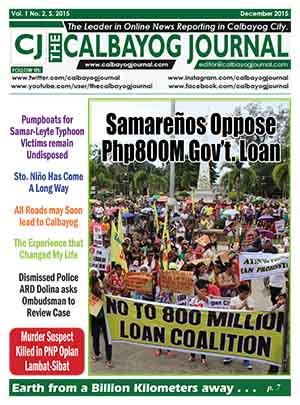
November 23, 2009 is a day that will forever live in infamy, not only for the Philippine media community, which lost 32 of its own in what is now acknowledged as the single deadliest attack on the press on record, but also the for the country’s body politic, for which the slaughter was the worst incident of electoral violence in the country’s recent history.
The massacre of 58 persons seven years ago on a hilltop in Sitio Masalay, Barangay Salman, Ampatuan town, Maguindanao showcased everything that is wrong in the rotten system of governance and disposition of justice in this country, where clans of warlords, criminal kingpins and corrupt politicians wield virtual powers of life and death in what amount to fiefdoms, their thievery and corruption tolerated by the centers of power that have to court their favors to effectively rule over the archipelago.
It is a testament to how entrenched this system of governance remains that, in a country that never tires of proclaiming itself the freest and most democratic in this corner of the globe, seven years after the orgy of violence, justice remains elusive for the Ampatuan 58 as on the day gunmen commanded by a madman who would brook no challenge to the almost absolute rule he and his kin enjoyed over their poverty-stricken province mowed them down in a hail of fire and steel.
Not even the shock and revulsion with which the carnage was greeted not just here but around the world has served to prod government to ensure that this blot to the nation be erased by the swift administration of justice to the dead and to those they left behind.
If anything, the State, which by rights should have taken on the burden of seeing to the futures of the widows, widowers and orphans of Ampatuan – after all its agents were responsible for this most heinous of crimes – has abandoned most of them, particularly those of our colleagues who were their families’ breadwinners, to lives of misery and uncertainty, reduced to wondering where to get their sustenance from day to day.
One orphan, that of Gina dela Cruz, died of illness because the family could no longer afford the treatment that would have saved its life. And her mother, Nancy wasted away alone after being left with no other choice than to make the grandchildren she could no longer support wards of the state.
This heartlessness of the State, this unconcern for the plight of the people whose grief it is primarily responsible for, is also what feeds the impunity that has emboldened those who seek to silence those brash enough to seek to unveil their abuses. It is, of course, the same kind of impunity that has marked the murders of hundreds more of our compatriots whose only crime was to dare speak truth to oppressive power.
Today, even as we commemorate the seventh anniversary of the Ampatuan massacre, we see a resurgence of threats and assaults on the independent Philippine press fueled by the open contempt and hostility of a leader who would brook absolutely no criticism of his person or his policies, not even if these have opened the floodgates to an orgy of bloodletting unprecedented in its savagery and its utter disregard for the rule of law and human rights.
Seven years after Ampatuan, we fear that the worst is yet to come and the seekers of truth will be faced with ever more danger from those who see our work as anathema to their pursuit of an order built not on compassion but brute force, not on the realities we all face but the distorted picture they would force us to accept.
Yet even as we worry, so do we affirm that these are the best times to be journalists, to be the bearers of the knowledge and free thought that the centers of power would seek to suppress. It is in these times, as in the darkest days of the unlamented dictatorship, that the independent Philippine press is most needed by the people. We do not doubt that the Filipino journalist and the independent media community will prove themselves worthy of the calling.
The massacre of 58 persons seven years ago on a hilltop in Sitio Masalay, Barangay Salman, Ampatuan town, Maguindanao showcased everything that is wrong in the rotten system of governance and disposition of justice in this country, where clans of warlords, criminal kingpins and corrupt politicians wield virtual powers of life and death in what amount to fiefdoms, their thievery and corruption tolerated by the centers of power that have to court their favors to effectively rule over the archipelago.
It is a testament to how entrenched this system of governance remains that, in a country that never tires of proclaiming itself the freest and most democratic in this corner of the globe, seven years after the orgy of violence, justice remains elusive for the Ampatuan 58 as on the day gunmen commanded by a madman who would brook no challenge to the almost absolute rule he and his kin enjoyed over their poverty-stricken province mowed them down in a hail of fire and steel.
Not even the shock and revulsion with which the carnage was greeted not just here but around the world has served to prod government to ensure that this blot to the nation be erased by the swift administration of justice to the dead and to those they left behind.
If anything, the State, which by rights should have taken on the burden of seeing to the futures of the widows, widowers and orphans of Ampatuan – after all its agents were responsible for this most heinous of crimes – has abandoned most of them, particularly those of our colleagues who were their families’ breadwinners, to lives of misery and uncertainty, reduced to wondering where to get their sustenance from day to day.
One orphan, that of Gina dela Cruz, died of illness because the family could no longer afford the treatment that would have saved its life. And her mother, Nancy wasted away alone after being left with no other choice than to make the grandchildren she could no longer support wards of the state.
This heartlessness of the State, this unconcern for the plight of the people whose grief it is primarily responsible for, is also what feeds the impunity that has emboldened those who seek to silence those brash enough to seek to unveil their abuses. It is, of course, the same kind of impunity that has marked the murders of hundreds more of our compatriots whose only crime was to dare speak truth to oppressive power.
Today, even as we commemorate the seventh anniversary of the Ampatuan massacre, we see a resurgence of threats and assaults on the independent Philippine press fueled by the open contempt and hostility of a leader who would brook absolutely no criticism of his person or his policies, not even if these have opened the floodgates to an orgy of bloodletting unprecedented in its savagery and its utter disregard for the rule of law and human rights.
Seven years after Ampatuan, we fear that the worst is yet to come and the seekers of truth will be faced with ever more danger from those who see our work as anathema to their pursuit of an order built not on compassion but brute force, not on the realities we all face but the distorted picture they would force us to accept.
Yet even as we worry, so do we affirm that these are the best times to be journalists, to be the bearers of the knowledge and free thought that the centers of power would seek to suppress. It is in these times, as in the darkest days of the unlamented dictatorship, that the independent Philippine press is most needed by the people. We do not doubt that the Filipino journalist and the independent media community will prove themselves worthy of the calling.





















